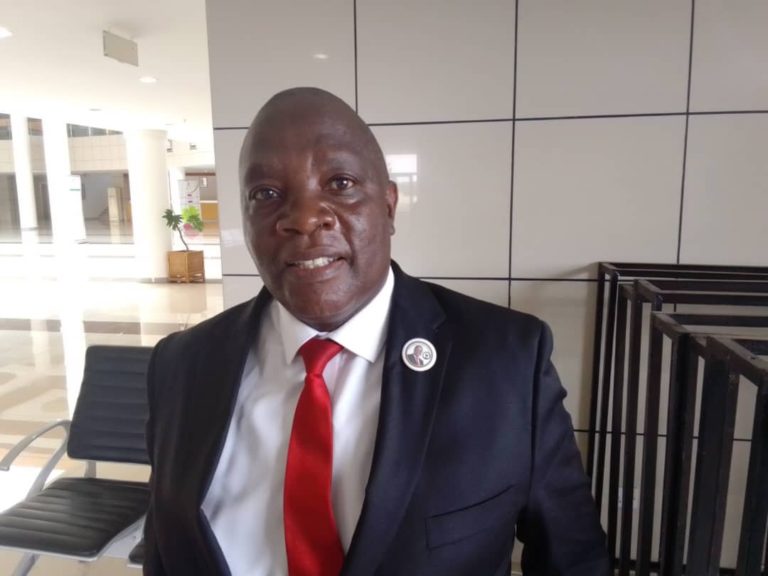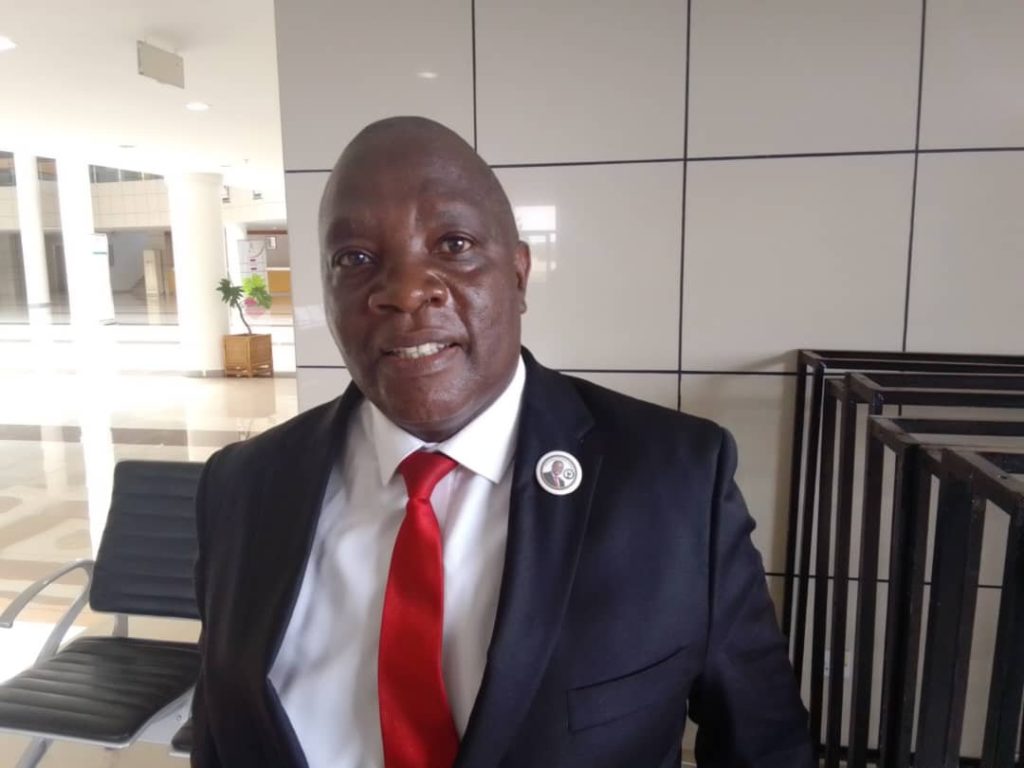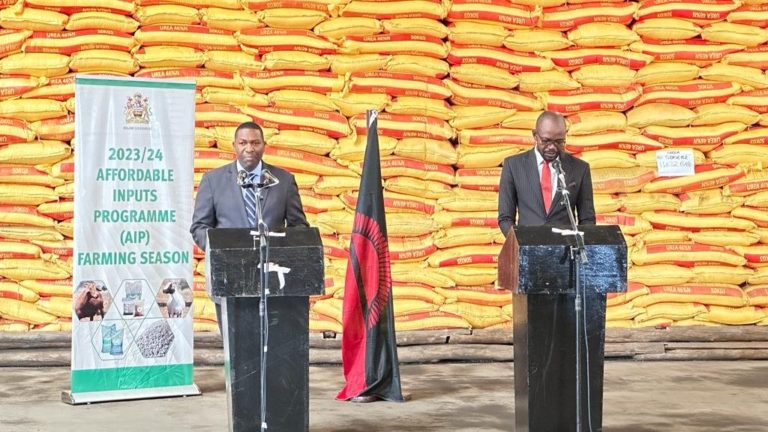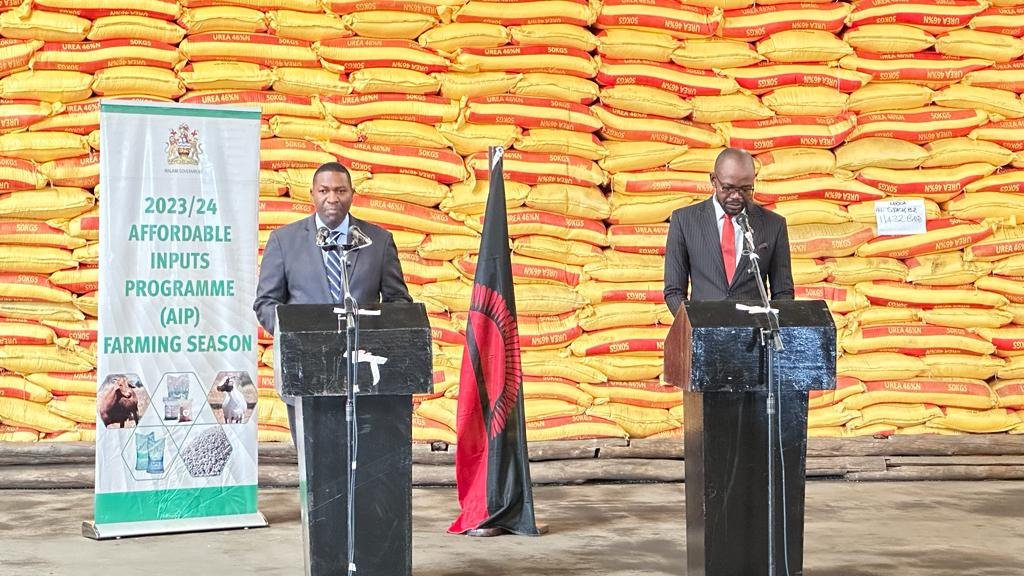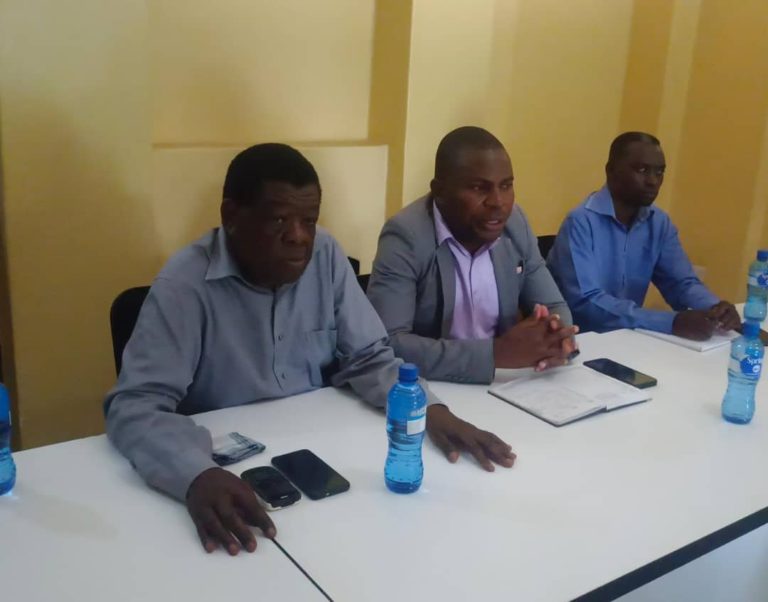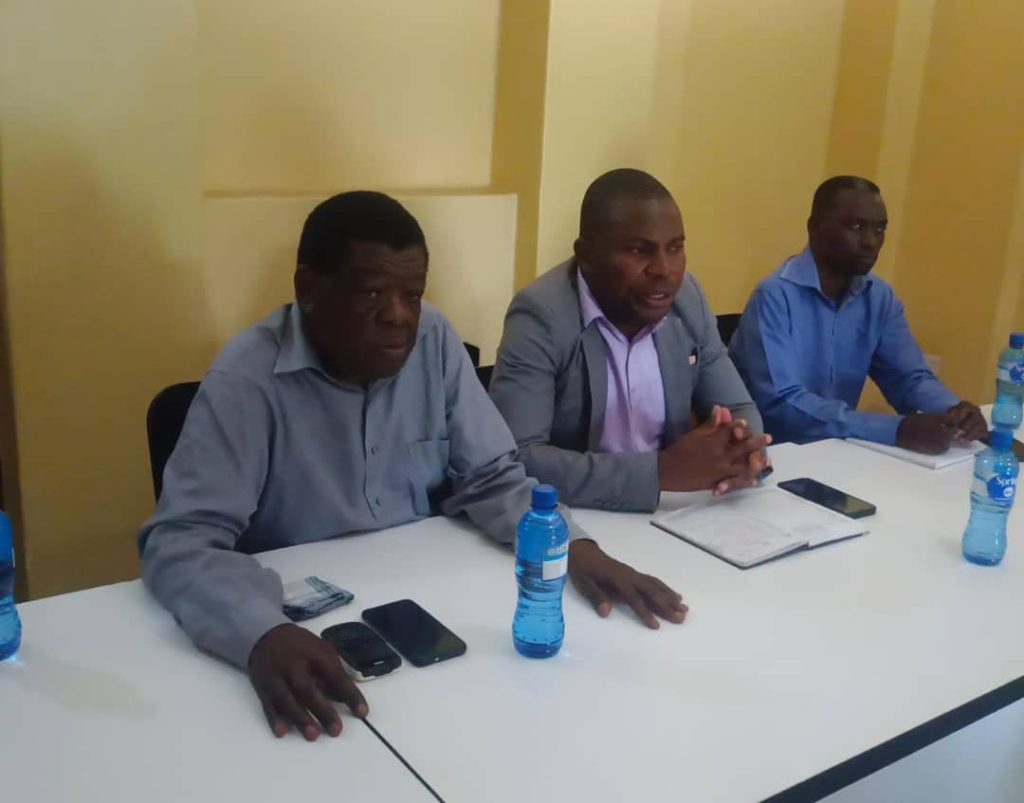By Vincent Gunde
Social media Analyst Daniel Dube has applauded Leader of Opposition in Parliament Kondwani Nankhumwa for standing in the house and raise concerns regarding the labour exportation of 221 Malawian youth to Israel.
It all started with the debate on Thursday when Nankhumwa brought the matter in the national assembly but Leader of the House Richard Chimwendo Banda vehemently denied that Government was exporting labour to Israel demanding Nankhumwa to withdraw the allegation which he refused to do so.
Chimwendo Banda demanded evidence from Nankhumwa and as this was not enough, Speaker of the National Assembly Catherine Gotani-Hara hammered the last nail on to a coffin giving Nankhumwa up to Monday,November 27, 2023 to bring to the house tangible evidence on the matter he brought before Parliament.

A plane from Israel landed on Friday at the Kamuzu International Airport (KIA) in Lilongwe putting the whole matter as raised by Nankhumwa to the open.
Several media houses reported on the story prompting Government through the Ministry of Labour proving Nankhumwa right that Government has embarked on labour export of its youth to Israel.
Writing on his face page, Daniel S Dube says the matter of exporting Malawian youths to Israel requires a national consultation as well as a sober debate with Government through the Minister of Labour.
He says the Labour Ministry should explain the labour processes it followed and also explain how Government recruited the youths and legal framework of the agreement.
Dube says reading from the Ministry of Labour’s statement, “Government stated that this deal involves the private sector and the Government” and that Malawians need to know which companies are involved and when they were involved.
He says Malawians need to know insurance to the youths in the event of death, long-term financial benefits at the end of their employment and transparency with respect to the profit of the private companies they will make out of the youths working in Israel.
“The best for Malawi is not to send its productive youth outside to a war zone but creating jobs within the country,” says Dube.
He has however, called on the Government of the Tonse Alliance to reflect deeply on the arrangements made before the country is find itself isolated and targeted as a state supporting Israel war effort and the national legal institutions such as the Law Society of Malawi, the National Chambers of Commerce, Human rights organizations and Trade Unions to weigh in the important issue.
He adds that Malawi need to be able to maintain bilateral relationships with anyone without involving itself in complex global diplomatic issues where the long-term effects may harm the country.
Hamas attacked Israel and killed 1,300 Jewish people and took some hostages of the Jews in an ambush which was atrocious and wrong and in response, Israel killed 12,000 Palestinians prompting the Israeli Government to cancel 90,000 Palestinians work permits meaning that they can no longer return to work in Israel.
India and Malawi are supplying the bulk of the labour in Israel and media reports indicate that Sri Lanka has agreed to send 10,000 farm workers to Israel.




